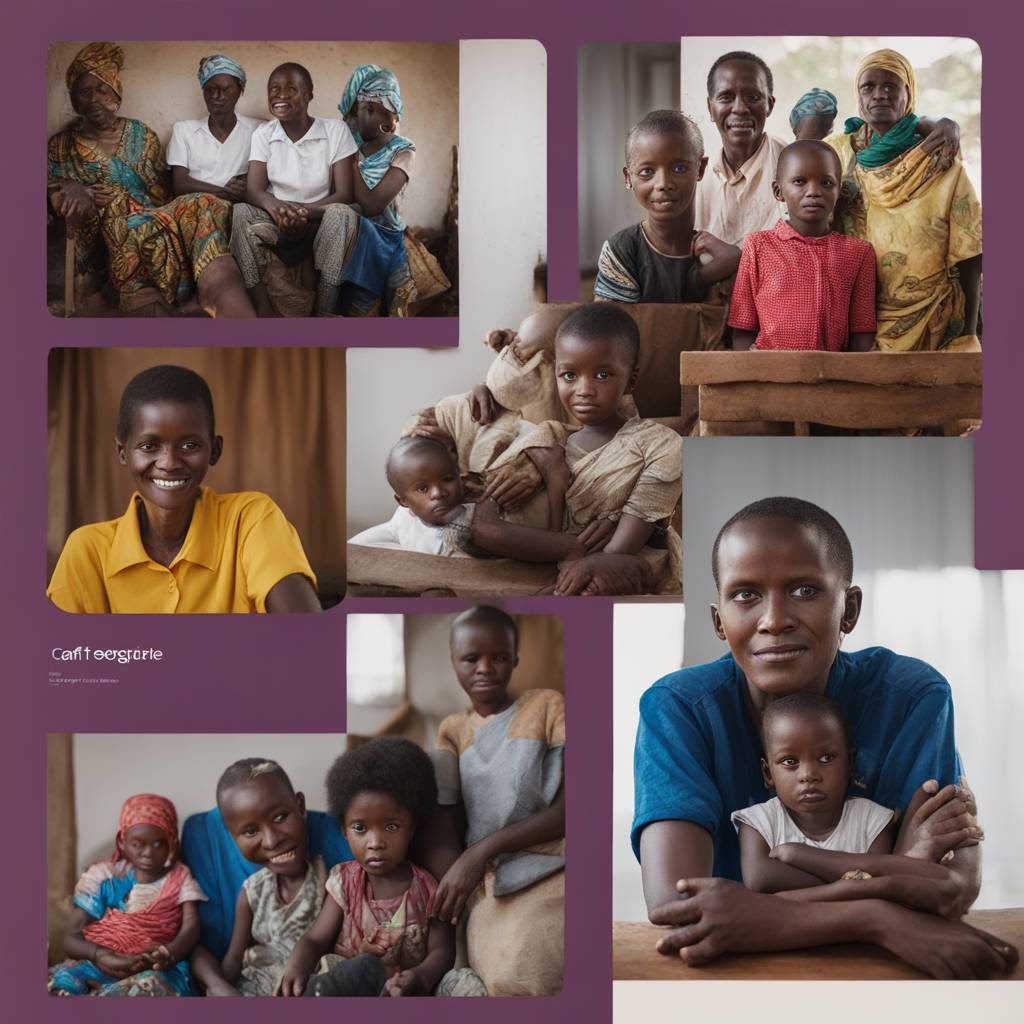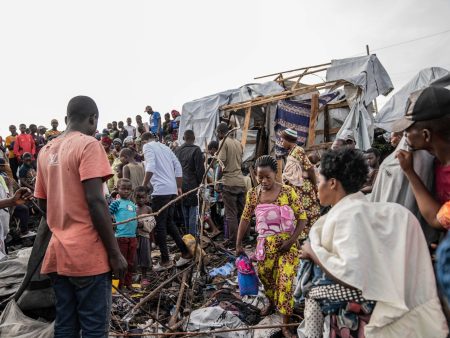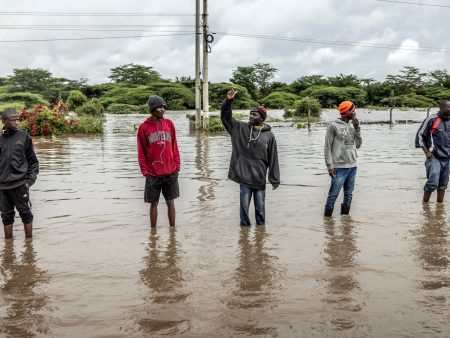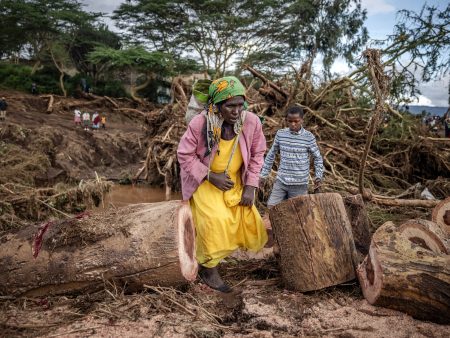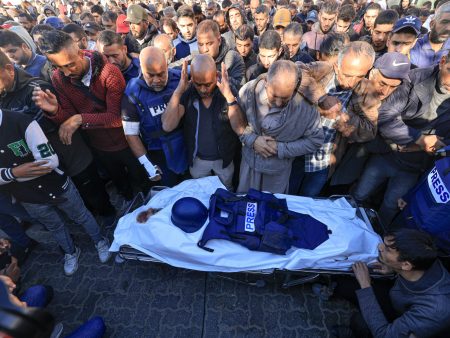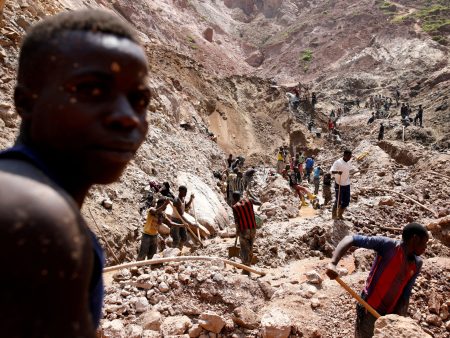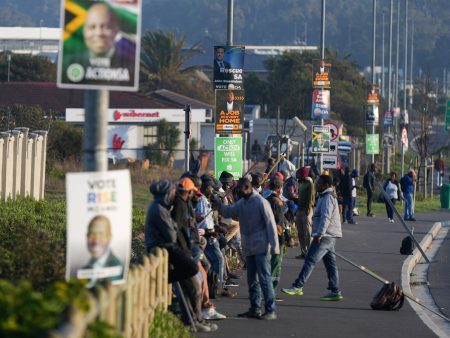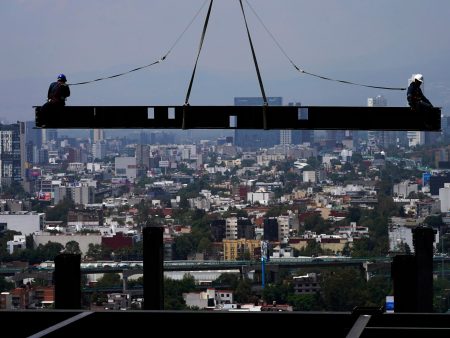The story of Mukaremera Laurence and Nkundiye Thacien in Mbyo village, Rwanda, highlights the deep wounds and lasting impact of the 1994 genocide against the Tutsis. Thacien, a Hutu, was ordered to kill Tutsis, including Laurence’s husband, during the mass killings that claimed the lives of over 800,000 people in just 100 days. Today, they live as neighbours in a reconciliation village, attempting to reconcile their past and rebuild their lives together. While their story of forgiveness and unity may seem successful, many Rwandans continue to struggle with the legacy of the genocide, as new mass graves are discovered and perpetrators’ identities are exposed.
The orders to kill Tutsis were fueled by the assassination of then-President Juvenal Habyarimana and the Burundian President, which sparked a campaign of slaughter by Hutu extremists against the Tutsi minority. The Hutus used radio propaganda and military forces to incite violence and organize mass killings, resulting in more than a million deaths. Thacien, who was part of the killing sprees, reflects on the dehumanization of Tutsis and the brutality of the genocide. The genocide ended when the Tutsi rebel group, led by current President Paul Kagame, captured Kigali and overthrew the Hutu government.
After serving time in prison, Thacien apologized to Laurence for killing her husband, leading to a reconciliation between the two. They now live in a reconciliation village, along with other survivors and perpetrators of the genocide, as part of a government initiative to promote unity and reconciliation. However, challenges persist as many survivors still seek closure and justice for their loved ones. Mass graves continue to be found, and mental health issues among survivors remain a concern, highlighting the ongoing impact of the genocide on Rwandan society.
The government’s policies, including the installation of community-led justice systems and initiatives to promote unity, have aimed to facilitate reconciliations between perpetrators and survivors. However, critics argue that the government’s control over the narrative of the genocide and censorship of dissenting voices have raised concerns about the depth of reconciliation in Rwandan society. Despite these challenges, individuals like Laurence and Thacien have found a way to forgive and move forward together, demonstrating a sense of resilience and acceptance of the past.
As Rwanda commemorates the genocide each year, survivors like Laurence and Thacien seek to honor the memory of the victims and reaffirm their commitment to peace and reconciliation. However, ongoing struggles, such as the discovery of new mass graves and mental health issues among survivors, underscore the long-lasting impact of the genocide. While the road to reconciliation may be complex and multifaceted, stories like Laurence and Thacien’s offer a glimpse of hope and healing in the face of immense tragedy and loss.





